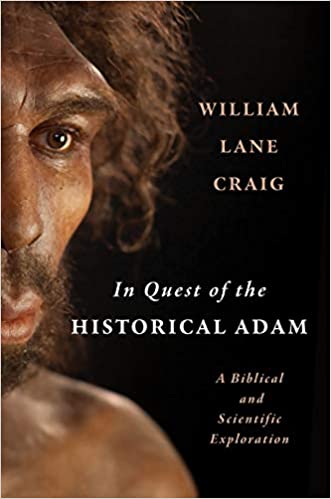Q. I think you are right to question the notion of the imputation of original sin to the rest of humanity after Adam, and the notion of an inherited corrupt nature doesn’t really require this connection with Adam either. If in fact all have sinned, then all have been part of the corruption of humanity, which would account for the Psalmist lament that he was conceived and bore the taint of sin from the beginning. And yes, you are also... Read more















